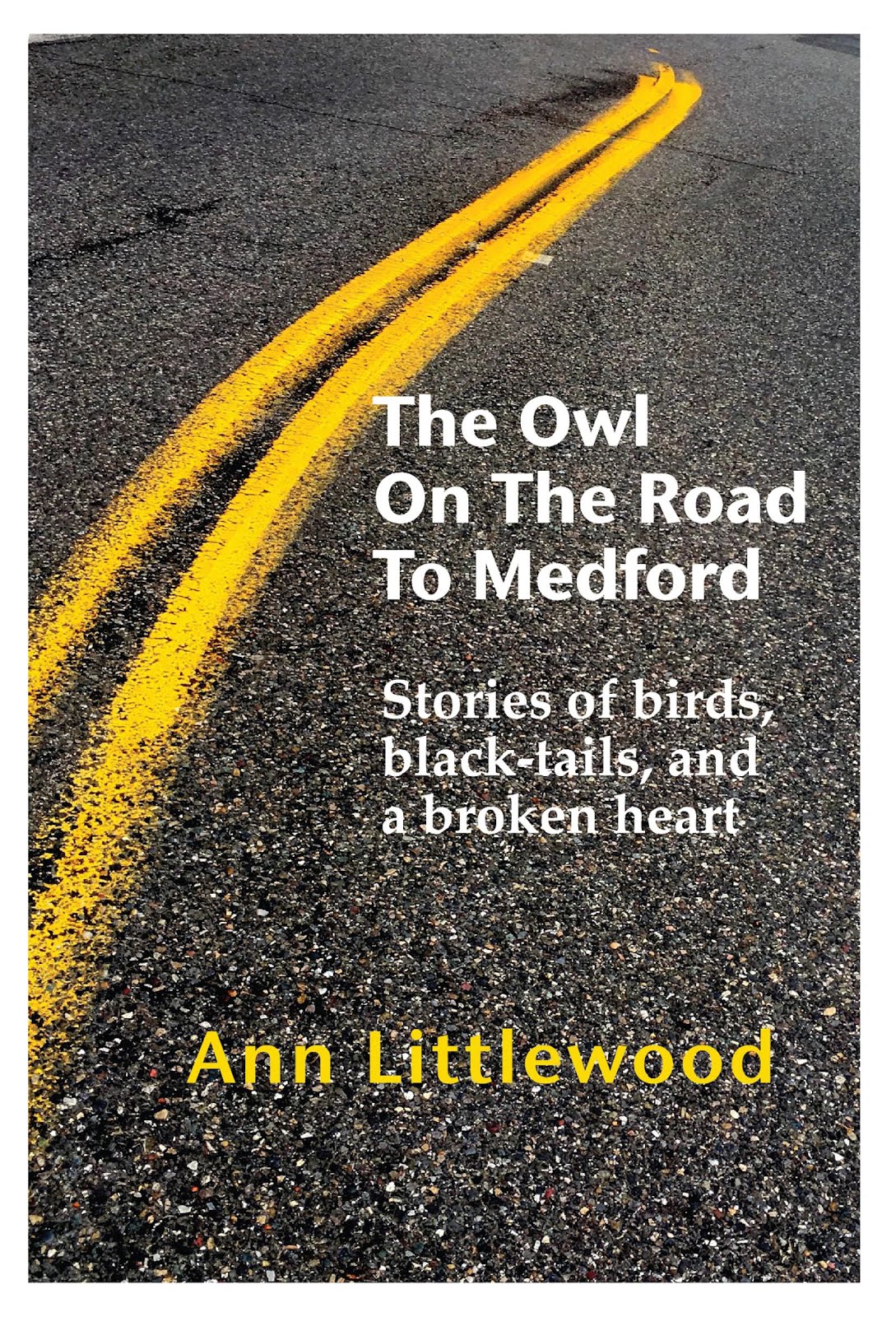Warning! Intemperate rant ahead--level Red
I love Kickstarter, the whole idea of the thing. I love that it's so successful. It warms my heart that folks will just up and invest a little money in a worthy project, usually with no expectation of any personal benefit.
But one project that was funded for 2011 (192 backers, almost $15,000) strikes me as a really bad idea.
These energetic, well-meaning folks have bought themselves an undisturbed island "teeming with wildlife" and they are going to put up a "sustainable" artists' residency. Minimal impact, respectful, protected forever--all good. Well, I've got a better idea for uninhabited islands that have never suffered development.
You guessed it. Leave that island the %$#* ALONE!
Go find yourself another island, one that's already trashed. Plant native trees and grasses, get rid of unneeded asphalt, remove buildings that serve no purpose. Restore it and make it work for you and for wildlife.
But the island that is doing fine without you? Leave it alone--you are way too late to play at pioneer. And if you just can't stop, for pity's sake, quit congratulating yourself for only messing it up a little. Really? And don't give me that crap about how "humans are a part of nature, too." Not since we invented permanent agriculture and not at 7 billion of us.
Look, folks. We all know we've screwed up the planet in a big way. We do it in wholesale swoops, such as clear-cuts and mountaintop removal and carbon dioxide. We do it bit by bit with creeping agriculture and suburbs and roads. The challenge for us is to stop changing natural landscapes to benefit ourselves at the expense of all the other species that use that land. (I'm leaving the oceans out of this for simplicity.) This is the only way WE are going survive--if we leave enough of the planet working the way it did during our whole evolution. You think we can survive without oxygen and clean water and fertile soil?
This self-discipline would be something new to us--individual self-restraint for long-term survival of Homo sapiens and our fellow creatures. That is our challenge. How can we make ourselves draw a line around what we've already damaged, then look inside that line and see how to benefit ourselves there? We need to develop only that which is already damaged and include the possibility of restoring some of it and putting it back outside the line.
Quit kidding yourself that if we take a piece of land and wreck only 90% or even 50% or 25%, we are being responsible and ought to be congratulated.
Sometimes my species makes me want to weep.
Where do you stand on this? Have you got it in you to support that line or does the very idea make you furious?
 |
| Legal logging in Oregon |
 |
| Kenya from the air: roads, agriculture. Forests? Not really. |








